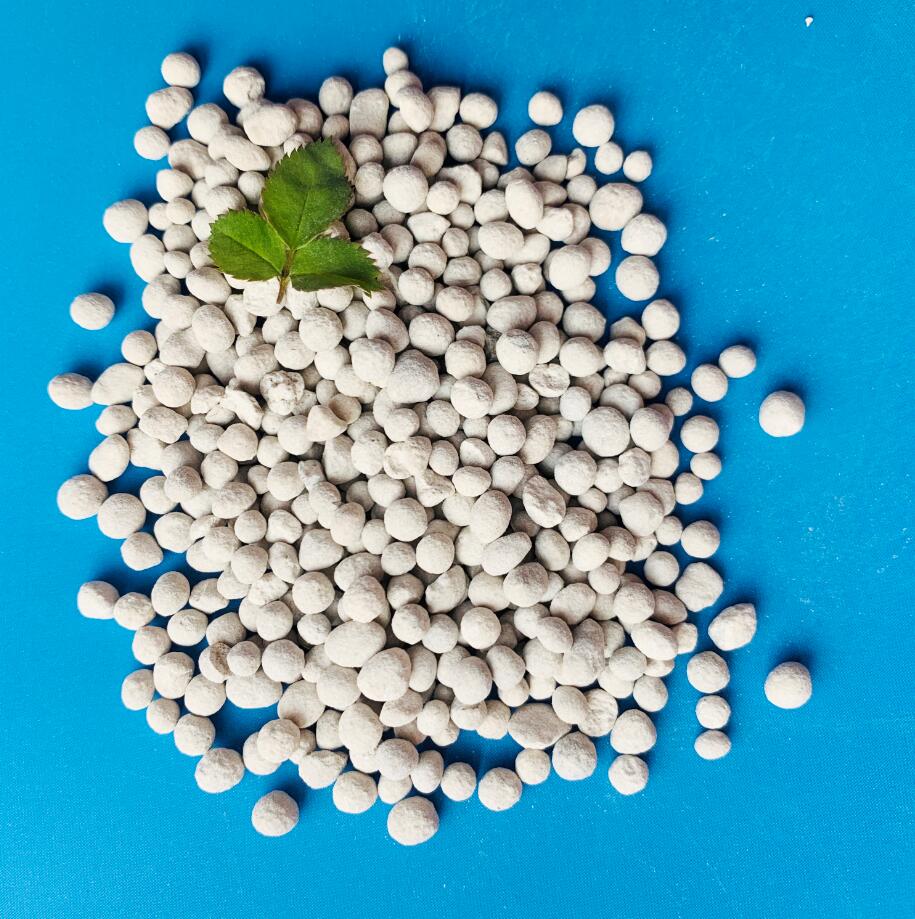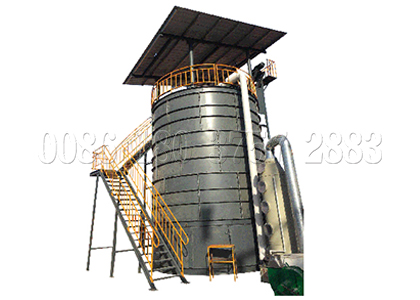Beneficial microorganisms in bio organic fertilizers can propagate in large quantities in soil, form dominant populations, occupy root sites, resist or inhibit the growth and reproduction of other harmful microorganisms (such as pathogenic microorganisms), so as to reduce their chances of infecting crop root layer. Functional bacteria can improve the soil fertility. For example, nitrogen fixing microorganisms can increase the nitrogen source in the soil.

Phosphorus dissolving and potassium dissolving microorganisms can decompose insoluble phosphorus and potassium in soil and make crops absorb and utilize them. Many microbial strains can produce beneficial metabolites, such as vitamins, amino acids, nucleic acids, formic acid, soybeans and other physiological active substances, which can stimulate the growth of crops and enhance the resistance of crops to diseases and stress.
Bio organic fertilizer is rich in nutrients, including amino acids, protein, carbohydrate, fat and other organic components and N, P, K, CA, Mg, s, Fe, Mn, Cu and other elements. These nutrients can not only be directly absorbed and utilized by crops, but also can effectively improve soil fertility, water retention, buffer and supply conditions, providing a good growth environment for crops.
Compared with other fertilizers, bio organic fertilizer not only contains more complete nutrients and functional microbial agents, but also helps to release potential nutrients in soil and promote the proliferation of beneficial microorganisms in crop nitrogen layer.
It also has the advantages of high bioavailability, long action cycle, low cost and no harm to soil and environment. Long term use of bio organic fertilizer can effectively improve the soil, improve the soil fertility, regulate the micro ecological balance of soil and stratum, and improve the disease resistance and insect pests of crops and the quality of crop products.
Equipment and technology of bio organic fertilizer
Continue reading “Why can bio organic fertilizer promote crop production”


